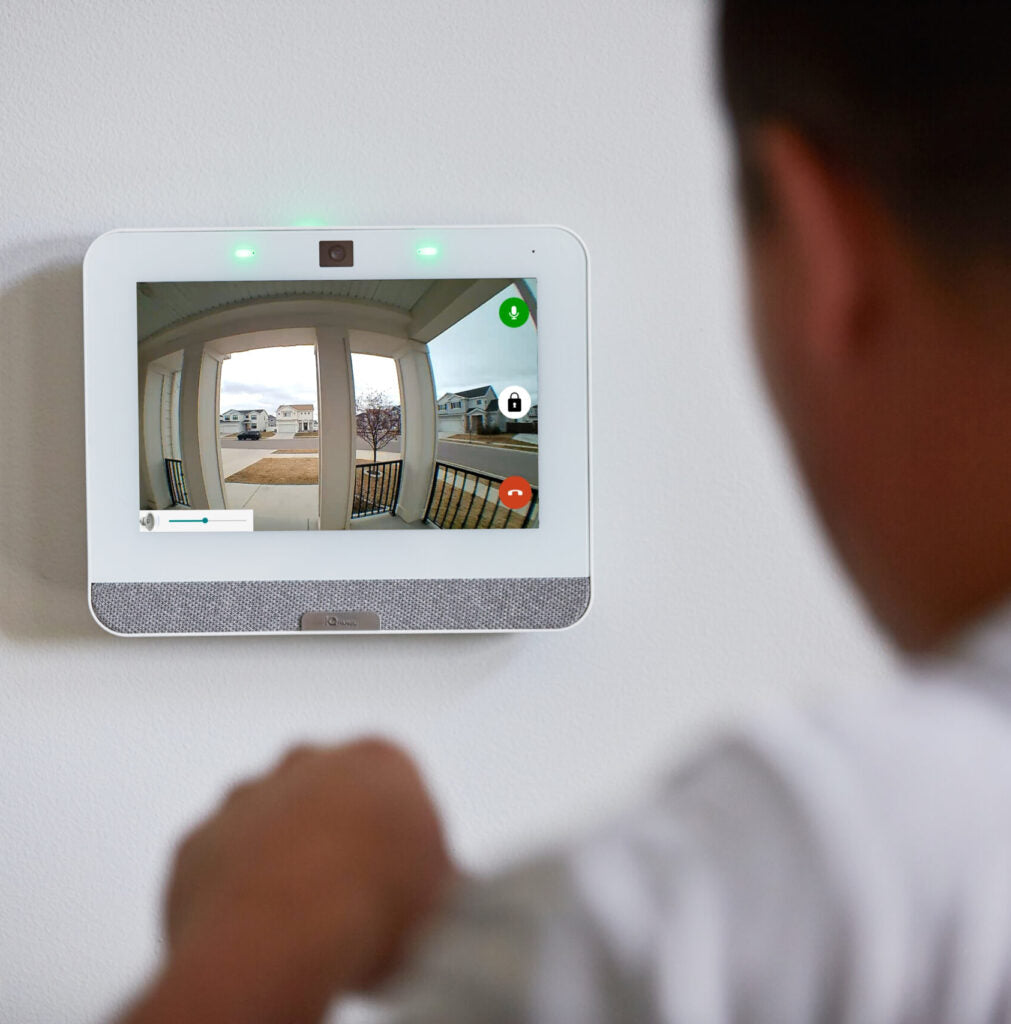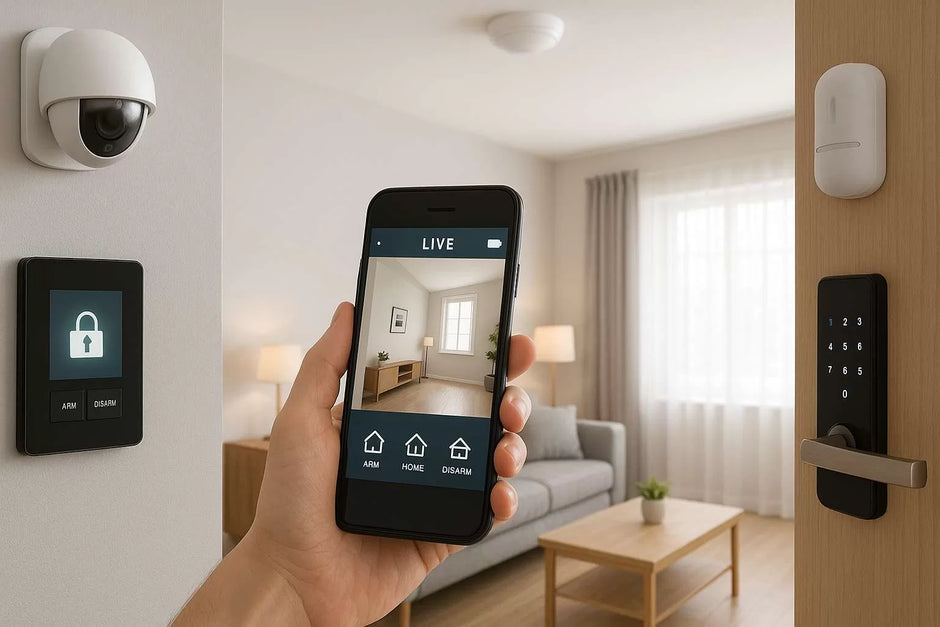In an age where uncertainty and risk are never far from mind, security has evolved from a luxury to a necessity. But beyond physical protection, there’s a deeper, often overlooked benefit to having a security alarm system: peace of mind. For many, the mere presence of an alarm system is enough to encourage better, more restful sleep. But why? The answer lies in the psychology of security.
1. Perceived Control Reduces Anxiety
Psychologists have long known that a sense of control can significantly reduce anxiety. When people feel vulnerable—especially at night—it's often because they feel helpless in the face of potential threats. A home security alarm restores a degree of control. Even if nothing ever triggers it, just knowing it's there acts as a mental buffer against fear, allowing the brain to relax.
2. Reducing Hypervigilance at Night
Our brains are wired to stay alert to danger, especially when we're asleep. This evolutionary trait—called hypervigilance—keeps one ear tuned for unusual noises or disturbances. While helpful in primitive environments, it can interfere with modern sleep. Security alarms help deactivate this constant alertness. With the assurance that the system will detect and respond to threats, the brain is more willing to rest deeply.
3. Routine and Reassurance
The act of arming your alarm at night becomes part of a calming bedtime ritual. Much like locking the doors or turning off the lights, activating the alarm signals to the brain that it's safe to sleep. This routine reinforces a feeling of safety and normalcy, which is particularly comforting for children, the elderly, or anyone with anxiety about nighttime risks.
4. Visible Deterrents, Invisible Comfort
Even just seeing a security sign in front of a house or the glowing keypad of a system reinforces feelings of safety. These visible cues don’t just deter criminals—they also reassure homeowners and tenants. Psychologically, these cues serve as reminders that proactive steps have been taken to secure the space, which translates into reduced subconscious worry.
5. Security Enhances Sleep Quality
Research shows that perceived safety is closely linked to sleep quality. People who feel safe in their environments are more likely to enter deep, restorative stages of sleep. Poor sleep, in contrast, is often linked to higher stress levels and reduced cognitive functioning during the day. Installing a security system doesn’t just help you sleep—it helps you live better.
Conclusion
While security alarms are often marketed for their practical value, their true power lies just as much in the mind as in the mechanics. By addressing our deep-seated psychological need for safety, these systems offer something beyond protection—they offer peace. And in a world that rarely slows down, peace of mind might just be the most valuable security of all.








